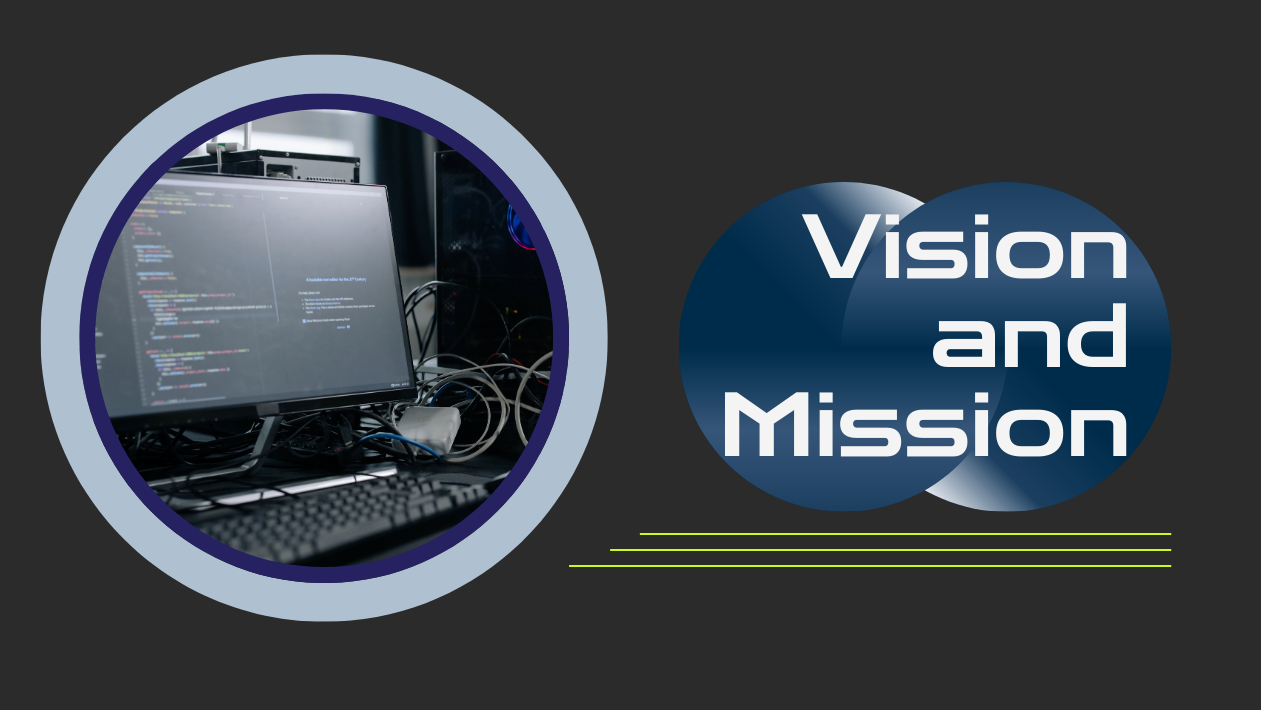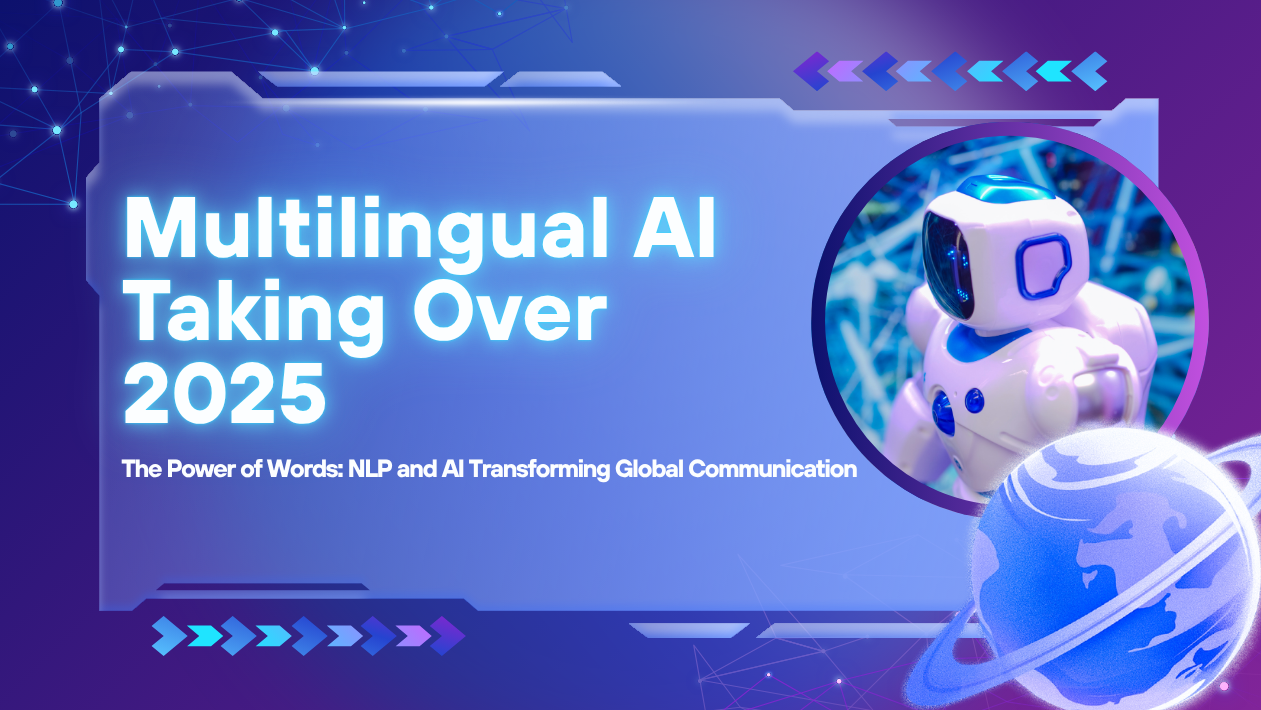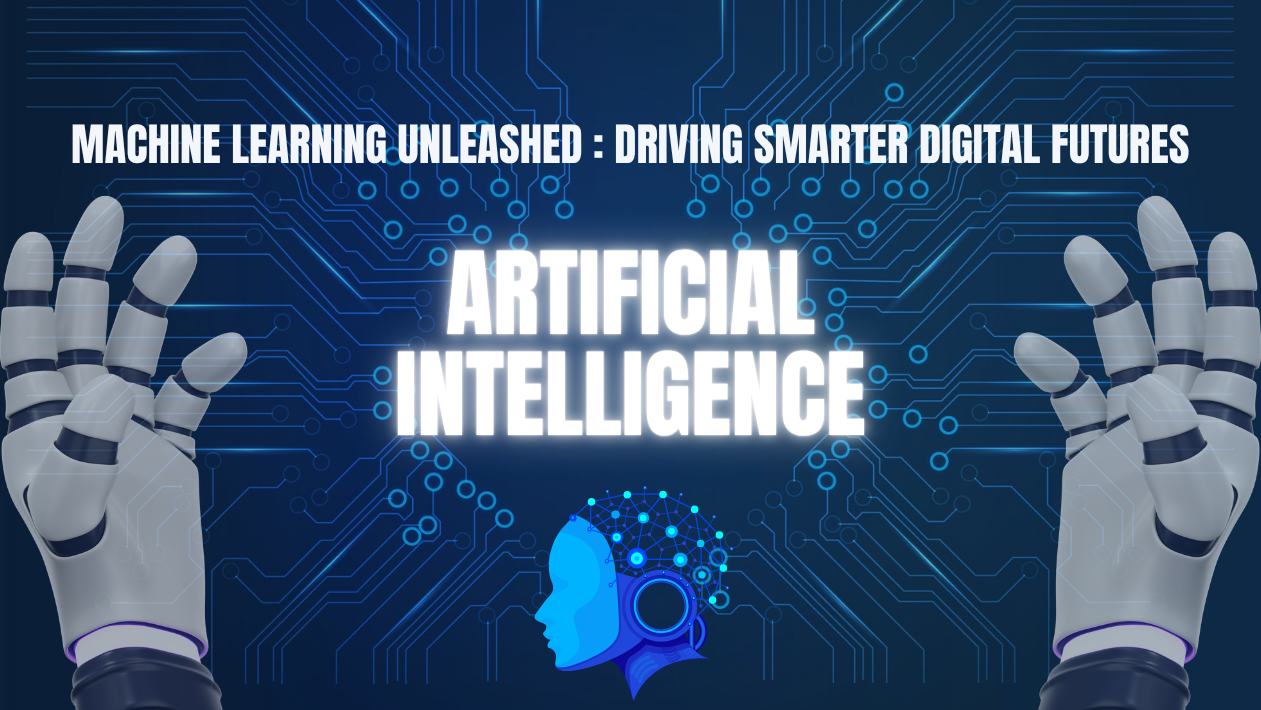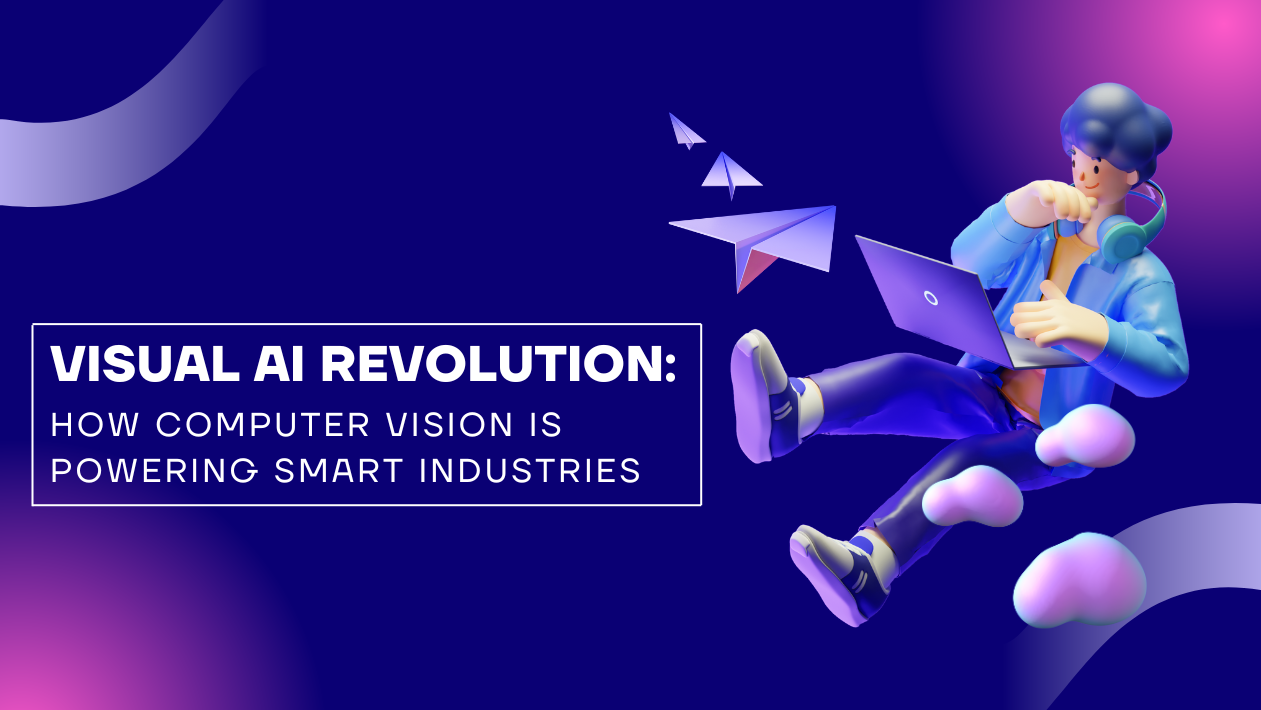Computer vision—the technology that enables machines to “see” and interpret the world—has become a core driver of digital transformation across industries. In 2025, advances in deep learning, edge computing, and real-time analytics are powering breakthroughs in automation, safety, and customer experience.
Healthcare Leads in Life-Saving Applications
Hospitals and biotech firms are using computer vision to detect cancers, analyze medical scans, and assist in robotic surgeries. AI models trained on millions of diagnostic images are now helping physicians identify subtle patterns in X-rays, MRIs, and pathology slides with accuracy rivaling top specialists.
Remote patient monitoring and early-warning systems are reducing hospital readmissions and improving outcomes worldwide.
Manufacturing and Logistics Turn to Smart Vision
Factories and warehouses are deploying vision-enabled robots to spot defects, track inventory, and guide autonomous forklifts. Global logistics leaders report that automated inspection systems are cutting quality-control errors by up to 40%, while speeding up fulfillment in high-volume facilities.
Retail and Customer Experience Get a Visual Upgrade
From cashier-less checkout to real-time foot-traffic analysis, retailers use computer vision to create personalized shopping journeys and optimize store layouts. Vision-powered analytics help predict product demand and reduce waste, while smart cameras enhance security without intrusive surveillance.
Transportation and Smart Cities Embrace Real-Time Analytics
Autonomous vehicles rely on advanced object detection and lane-tracking, while city planners use traffic-flow analysis to reduce congestion and improve public safety. Edge-based vision systems enable instant decisions—from rerouting buses to adjusting traffic lights—without relying on distant data centers.
Emerging Trends: 3D Vision and Generative AI
The fusion of 3D computer vision with generative AI is enabling lifelike digital twins, immersive AR/VR experiences, and next-generation robotics. Startups are building tools that create accurate 3D maps of indoor spaces for gaming, construction, and industrial design.
Challenges Remain: Privacy and Regulation
Despite rapid growth, concerns around data privacy, bias, and surveillance ethics persist. Governments in the EU, U.S., and Asia are drafting stricter guidelines on facial recognition, requiring transparent data handling and explicit user consent.
Outlook
With its ability to transform images and video into actionable insights, computer vision is evolving from a niche technology to a mission-critical capability. As algorithms improve and hardware costs drop, visual AI will continue to shape the future of healthcare, mobility, and the connected city.





